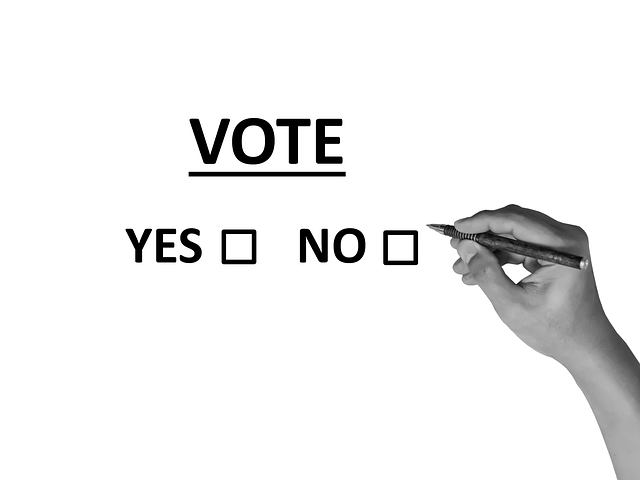The campaign for the municipal elections enters its final stretch starting Thursday February 27th 2020, the designated deadline to deposit the lists in the different prefectures. Voters are called upon to elect their mayor in approximately 35,000 municipalities. For the parties, the local level is crucial, 12 months from the regional elections and two years from the 2022 presidential election. But the stakes are very different depending on the parties, which do not all have the same weight at the local level. A look at the main challenges facing the parties involved with the political enthusiast Boris Lefebvre.
“Les Républicains”: an opportunity to finally bounce back
The “blue wave” of 2014 seems far away. Since then, Les Républicains party (LR) has experienced three successive defeats in the presidential, legislative and European elections. For the right, this election is therefore a chance to bounce back, according to the party President Christian Jacob. « It would already be a great performance to keep our cities, because we have very good scores, » observes Guillaume Peltier, vice-president of the movement. The party owns 15 of the 40 or so cities with more than 100,000 inhabitants and claims 550,000 local elected representatives.
Threatened by the flight of its electorate, the party wants to prove that it can resist. « We have two tight fronts, on our right and on our left, » says Guillaume Peltier. « Whether there are a few marginal people here or there, caught up in the RN (Rassemblement National) or LREM (La République en Marche), it remains extremely marginal. »
LR also hopes to take advantage of the defeat of the presidential party to better distinguish itself, playing the card of a formation closest to the territories. « The LREM campaign shows that macronism without Emmanuel Macron does not exist “predicts a Republican executive. « The ballot will echo what macronism really is: a technocracy without territorial anchorage, which is to say without any real connection with the citizens ».
“La République en Marche”: anchoring locally and widening the majority
This is the first municipal election for the presidential party, which currently claims 2,000 local elected officials. « At the national level, we don’t really have anything to lose, » said a parliamentarian and party official. « This is why we have set ourselves a target in terms of the number of elected officials, at least 10,000, and not in the number of municipalities. But if we don’t win any big city, it will be embarrassing”, continues this official. « You do not become a local player if you are not established. And the clearance rate was very low in 2014”, points however Pierre Person, number two of the party.
The Socialist Party: resuscitate nationally by saving its town city halls
The PS (Parti Socialiste, socialist party) has experienced several electoral disappointments (presidential, legislative, European) but retains a good local roots, with nearly 30,000 elected officials across France. The rose party wants to consolidate this network, retaining its 12 cities of more than 100,000 inhabitants and establishing itself in cities on the right, such as Nancy, Bourges or Limoges.






